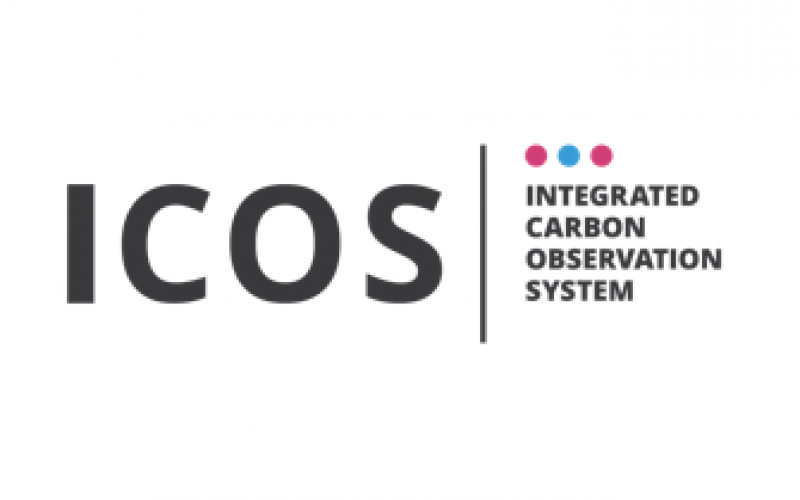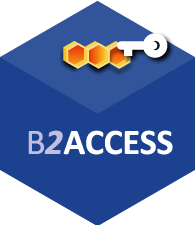
Contacts
Overview
ICOS (Integrated Carbon Observation System) is a new European research infrastructure (RI) with the mission to enable research to understand the greenhouse gas (GHG) budgets and perturbations in Europe and adjacent regions. ICOS is based on the collection of high-quality observational data by measurement stations operated long-term (15+ years) as national networks in the RI member states.
The data is quality controlled and processed at common Thematic Centers (TCs) by experts on Atmospheric, Ecosystem and Marine data streams. The finalized observational data products are then distributed via the ICOS Carbon Portal (CP). In addition, various “elaborated data products”, i.e. outputs of modelling activities based on ICOS observations, will be distributed by the CP. A main role of the CP is to provide human users with services that enable them to discover, download and visualize ICOS data products. Selected ICOS data layers will also be made available for e.g. visualization at other data portals.
The Scientific Challenge
The diagram below shows the flow of data within ICOS and it clearly illustrates the need for completely reliable long-term storage for observational data from sensor networks. Losing the greenhouse gas measurements for a particular time frame means there is no way to go back and measure them again, so safe, long-term data storage is a must and for this, ICOS is using B2SAFE.
The ICOS Carbon Portal will be the actual access point for all the ICOS data products, but it needs to “advertise” the existence of the data as widely as possible. Here, the B2FIND service will be of great help, allowing users looking for greenhouse gas data to discover the data sets and to access them.
ICOS obviously wants people to easily be able to identify, and refer to, its data. The B2HANDLE service from EUDAT for identifying data files is being used for that. This is a Handle-based persistent identifiers system that makes use of the application programming interface (API) from the European Persistent Identifier Consortium (ePIC). Their API provides a software stack for this service that is sufficiently generic to fulfil the needs of a broad range of different scientific communities. These unique persistent identifiers (PIDs) can then be used as references in articles and reports by people using ICOS data in their research.
The AAI service under development by EUDAT (B2ACCESS) is of great interest to ICOS, for example for controlling and monitoring access to ICOS-internal IT resources. This AAI (Authentication, Authorization and Identification) service makes it easy to handle lists of users, to check their identity when they log in, and then keep track of which resources and files they are allowed to access in the system.
Who benefits and how?
The growing ICOS community will immediately benefit from usage of the EUDAT services. ICOS acknowledges also the fact that synergies are necessary in the area of data infrastructures in order to overcome ICOS’s formidable challenges of being able to tackle them on its own.
Technical Implementation
ICOS members (mainly from Lund University and the University of Helsinki) have defined the features of the services required. The ICOS Carbon Portal (in Lund) is responsible for coordinating and implementing the uptake process. From the EUDAT side, people from the CSC – IT Center for Science in Helsinki and the PDC Center for High Performance Computing in Stockholm, and the Jülich Research Centre, are involved in adapting and integrating the relevant EUDAT services to meet the needs of ICOS. Currently the team are in the design, construct (that is, write programs) phase and are making all the software components that are needed to transfer data (and its associated descriptive metadata) operational, first internally between the ICOS data centres, and then via the Carbon Portal to the EUDAT facilities.
In parallel, the Carbon Portal website is under construction, that will enable users to search for, visualize and download all the ICOS data products. This complicated and technical process will be of benefit to other research communities through the delivery of good documentation of the ICOS experience and use.


